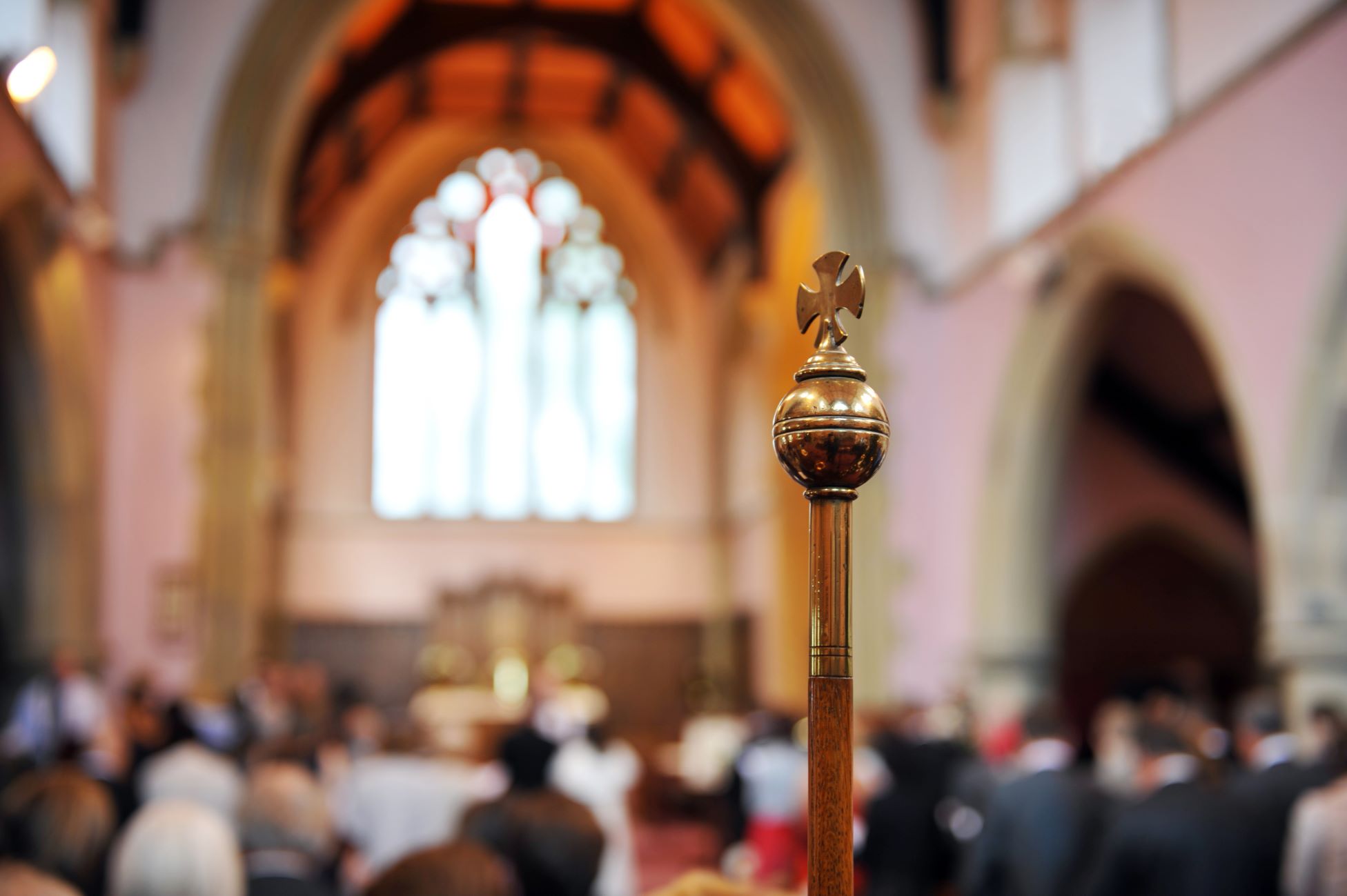
What is a local ordinary? A local ordinary is a bishop or other ecclesiastical authority who has jurisdiction over a specific area or group within the Catholic Church. This term often refers to diocesan bishops, but it can also include abbots, vicars, and other leaders with similar authority. Local ordinaries play a crucial role in the administration, pastoral care, and governance of their respective territories. They ensure that church laws and teachings are followed, oversee the clergy, and support the spiritual needs of the faithful. Understanding the role of a local ordinary helps clarify how the Catholic Church operates on a regional level, ensuring that its mission and values are upheld in diverse communities.
What is a Local Ordinary?
A Local Ordinary is a term used in the Roman Catholic Church to refer to a bishop or other ecclesiastical authority who has ordinary jurisdiction over a specific area or group of people. This role is crucial in the administration and governance of the Church.
- The term "Local Ordinary" is derived from the Latin word "ordinarius," meaning someone who has regular jurisdiction.
- Local Ordinaries include diocesan bishops, territorial abbots, and vicars apostolic.
- They have the authority to govern their diocese or jurisdiction according to canon law.
- Local Ordinaries can issue decrees and instructions that are binding within their jurisdiction.
- They play a key role in the appointment of parish priests and other clergy within their diocese.
Responsibilities of a Local Ordinary
Local Ordinaries have a wide range of responsibilities that ensure the smooth operation of their diocese or jurisdiction. These duties are both spiritual and administrative.
- They oversee the spiritual welfare of their diocese, ensuring that the sacraments are properly administered.
- Local Ordinaries are responsible for the education and formation of seminarians.
- They must ensure that Catholic schools and religious education programs are in line with Church teachings.
- They have the authority to establish new parishes and missions within their jurisdiction.
- Local Ordinaries are tasked with the financial oversight of their diocese, including the management of assets and resources.
Historical Significance of Local Ordinaries
The role of the Local Ordinary has evolved over centuries, adapting to the needs of the Church and its followers.
- The concept of a Local Ordinary dates back to the early Christian Church when bishops were the primary leaders of Christian communities.
- During the Middle Ages, Local Ordinaries played a significant role in the political and social life of their regions.
- The Council of Trent (1545-1563) reinforced the authority of Local Ordinaries, emphasizing their role in Church reform.
- In modern times, Local Ordinaries have been instrumental in implementing the changes brought about by the Second Vatican Council (1962-1965).
- The role continues to evolve, addressing contemporary issues such as social justice, interfaith dialogue, and the digital age.
Challenges Faced by Local Ordinaries
Being a Local Ordinary comes with its own set of challenges, requiring a balance between tradition and modernity.
- They often face the challenge of addressing declining church attendance and vocations.
- Local Ordinaries must navigate complex issues such as clerical abuse scandals and the need for transparency.
- They are tasked with fostering unity within their diocese while respecting diverse cultural and social backgrounds.
- The rise of secularism and changing societal values present ongoing challenges for Local Ordinaries.
- They must also address the needs of marginalized and underserved communities within their jurisdiction.
Final Thoughts on Local Ordinances
Local ordinances shape our daily lives more than we realize. From noise restrictions to pet ownership rules, these laws keep communities running smoothly. They ensure public safety, maintain order, and protect property values. Understanding these regulations can help avoid fines and foster a better relationship with neighbors.
Next time you hear about a new local law, take a moment to learn about it. You might find it’s there to make life better for everyone. Staying informed and involved in local government can make a big difference. So, keep an eye on those community bulletins and town hall meetings.
Local ordinances may seem small, but they have a big impact. Embrace them, understand them, and you’ll see how they contribute to a well-functioning community.
Was this page helpful?
Our commitment to delivering trustworthy and engaging content is at the heart of what we do. Each fact on our site is contributed by real users like you, bringing a wealth of diverse insights and information. To ensure the highest standards of accuracy and reliability, our dedicated editors meticulously review each submission. This process guarantees that the facts we share are not only fascinating but also credible. Trust in our commitment to quality and authenticity as you explore and learn with us.


